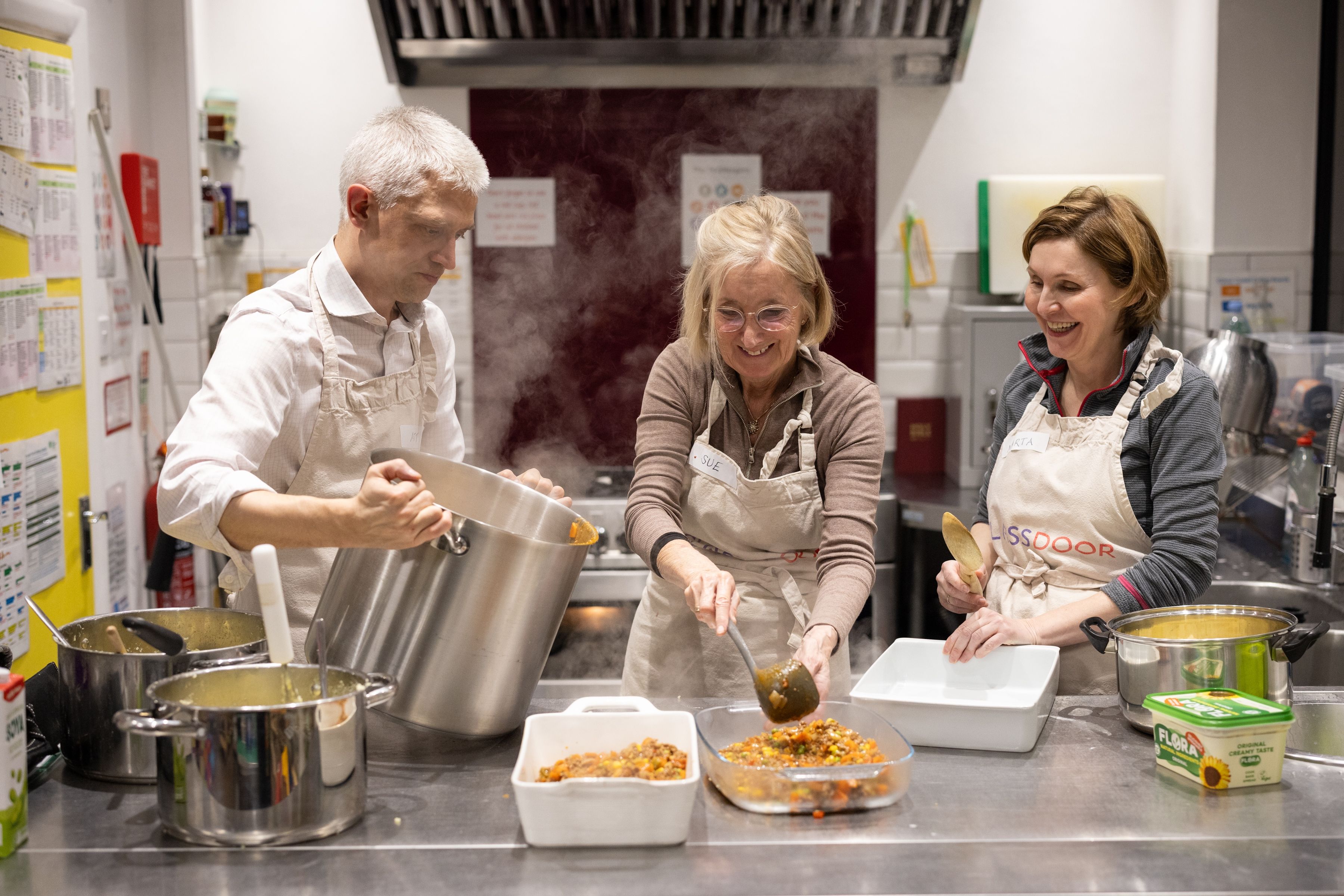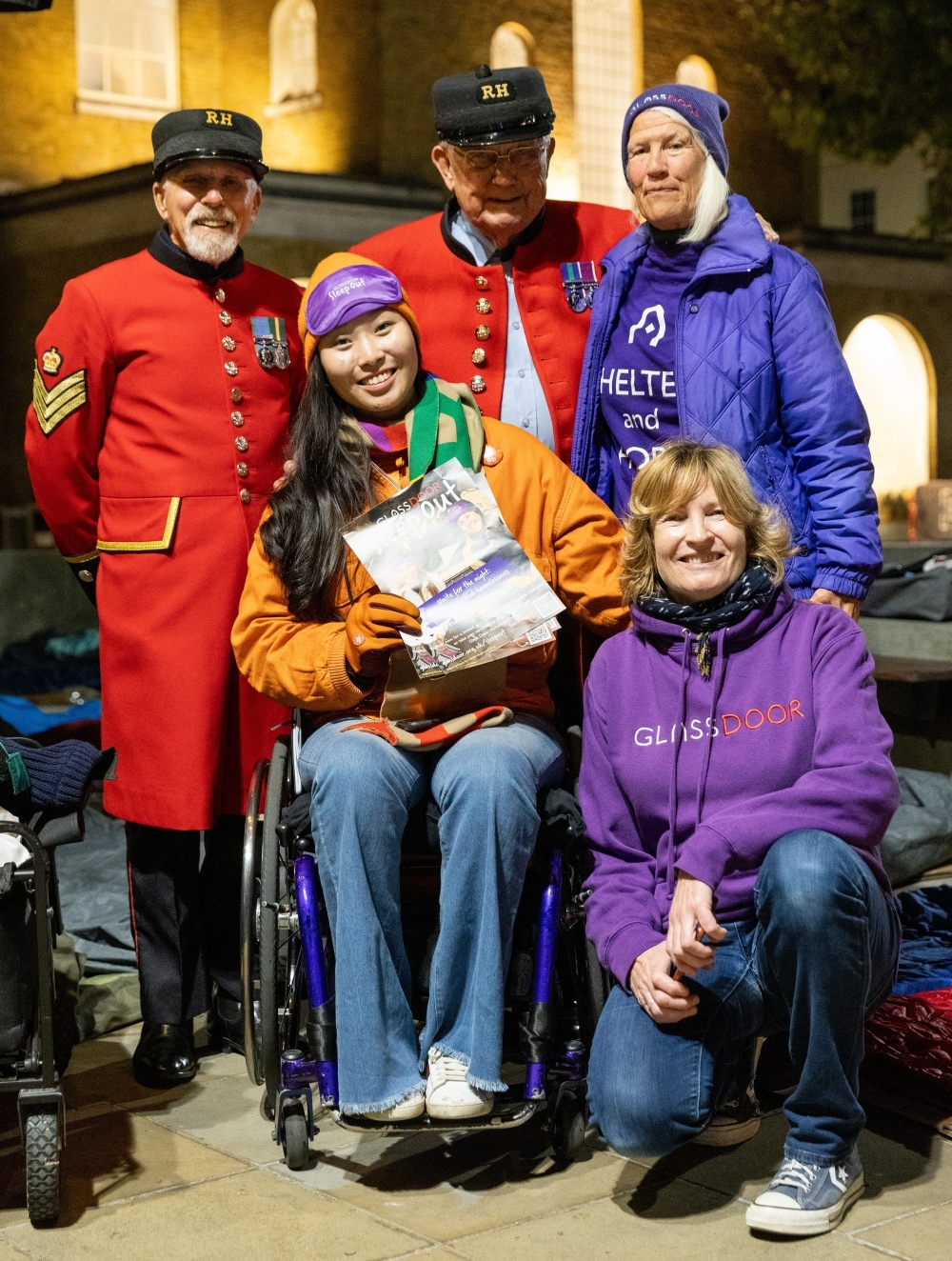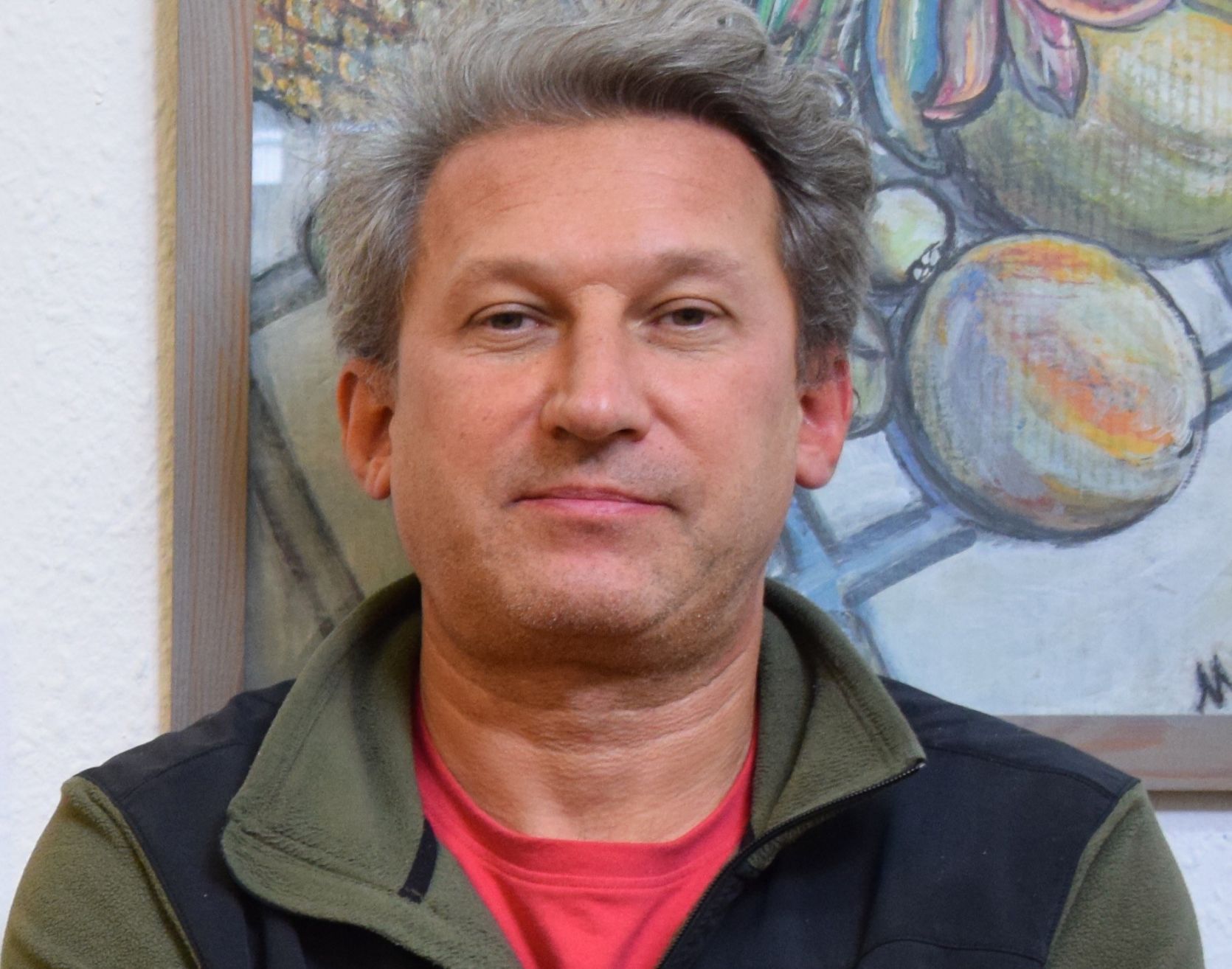
Glass Door: Building routes out of homelessness

With the 16th annual World Homeless Day only a week away, we at The London Community Foundation want to help raise awareness about the needs of people who experience homelessness in our capital and the charities who are working so hard to support them.
In collaboration with the Wimbledon Foundation, we have been delighted to manage their Homelessness Fund since 2019. In the first five years of funding, four charities shared £684,248 for their core costs including Glass Door Homeless Charity. Marking their 25th anniversary, Glass Door tonight host their annual Sleep Out at Duke of York Square, Chelsea, and unite for a night of community action to end homelessness.

Glass Door’s Wimbledon Foundation Homelessness Fund (WFHF) grant in 2019-22 contributed towards core staff salaries and overheads supporting the ongoing development of their organisation, whilst also enabling them to adapt their services in response to the pandemic.
In 2022-24 the cost of living crisis further increased demand for their casework provision, so, they refocused their WFHF core costs grant to primarily fund half of their Co-Head of Casework’s salary and also contribute towards organisational overheads. This enabled them to strengthen the resilience and efficiency of the charity by continuing to provide their year-round casework service south of the river, and towards their winter night shelter project, including the Wandsworth circuit.
The Co-Head of Casework, Boguslaw Szewczyk, oversees their casework service south of the river and more widely contributes to the overall strengthening of our organisational resilience and efficiency. Boguslaw has also developed and implemented a new casework methodology project to support the consistent delivery of casework across all their services and ensure that there is an equal workload distribution across the team and adequate cover to meet the demand at each of the locations Glass Door offer casework (including an agreed minimum level of cover at all times).

The biggest challenge of being a case worker right now is the difficulty of housing guests. It’s much harder than it used to be.
Boguslaw Szewczyk, Co-Head of Casework
“The biggest challenge of being a case worker right now is the difficulty of housing guests. It’s much harder than it used to be” said Boguslaw. “There have been huge changes since (I joined Glass Door in) 2012, from Brexit to Covid-19 to changes to the benefits system. A few examples of how things have changed is that there is much less access to affordable housing, the standard of housing seems to have got lower, and getting Local Authorities to assess guests under the Housing Act has become much more difficult.”
(You can read more about Boguslaw’s role as Co Head of Casework on the Glass Door website)
In 23/24 alone, Glass Door’s casework service supported 2,190 people - an increase of 30% on the previous twelve months. Their busiest centre for casework was their South West London base at Ace of Clubs, where 45% (976) of all clients were seen, of whom 137 individuals were helped into housing.

In Autumn 2023, Glass Door experienced an unexpected increase in the demand for their services due to the Home Office’s change in asylum support policy which led to a surge in homelessness of newly recognised refugees who had been evicted from their home office accommodation at short notice. Thanks to the casework methodology project, they were able to quickly respond to the increased demand by redeploying a caseworker from another location to the Ace of Clubs, and without the need to either reduce or close any services.

The Wimbledon Foundation Homelessness Fund grant has greatly helped to strengthen Glass Door’s resilience and efficiency over the past five years...
Alicia Feetham, Senior Fundraising Manager
Summarising the impact of their core funding received from the Wimbledon Foundation, Senior Fundraising Manager Alicia Feetham said “The WFHF grant has greatly helped to strengthen Glass Door’s resilience and efficiency over the past five years across various development areas including streamlining our office and administration systems, launching our Lived Experience Group, further developing our monitoring and evaluation processes, introducing additional wellbeing support for our caseworkers and strengthening our partnerships with other organisations for the benefit of our guests.
This funding also provided us with much-needed security and stability during the Covid-19 pandemic and the subsequent cost of living crisis, during which we have needed to be flexible and ready to adapt our services in response to the challenges and changing needs of our guests.”
Glass Door have been awarded a further three-year grant from WFHF towards their core costs until the end of 2027. You can find out more about Glass Door’s quarter-century of providing services to people experiencing and at risk of homelessness in London here.

Find out more
Learn more about our long term partnership with Wimbledon Foundation
